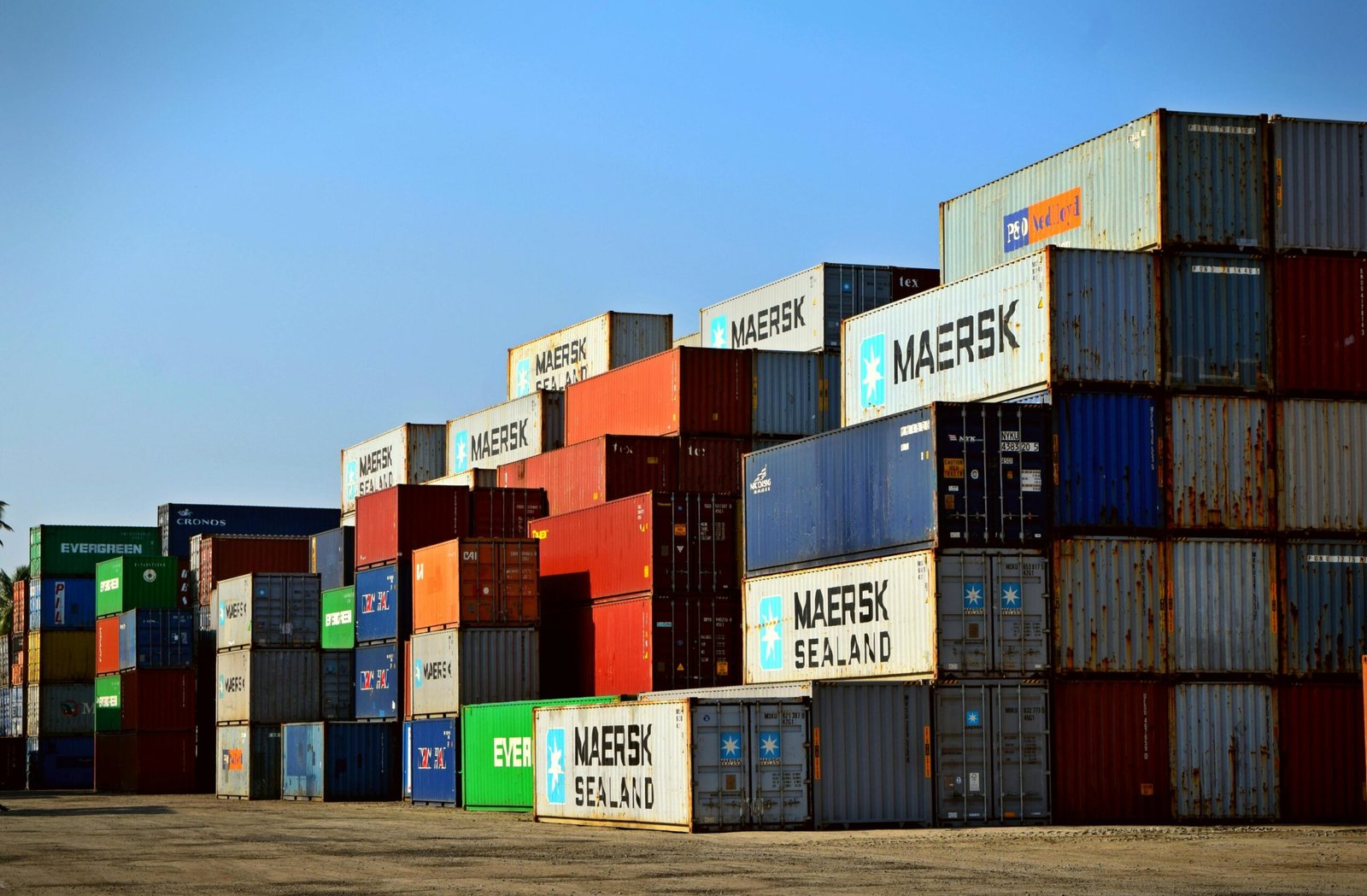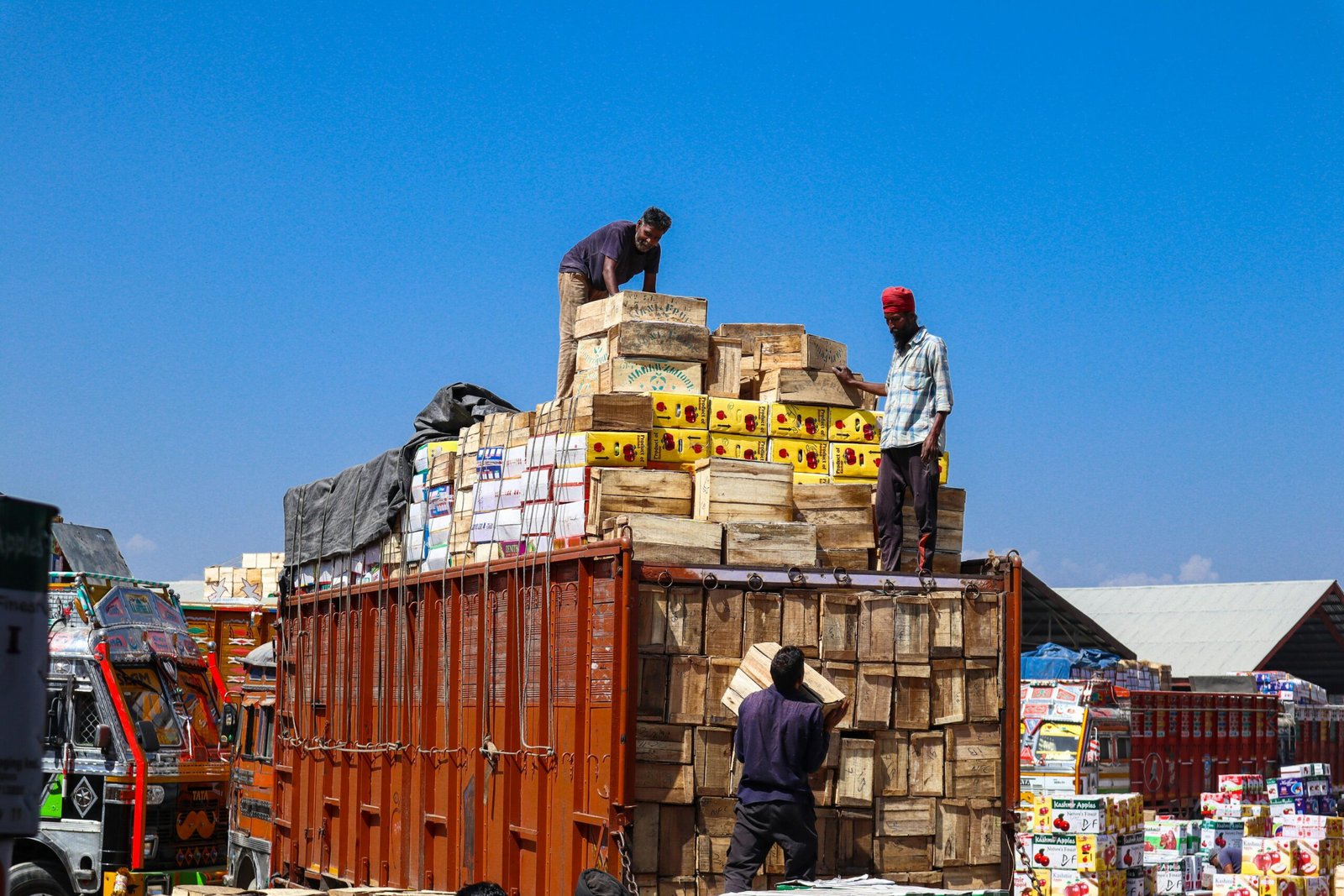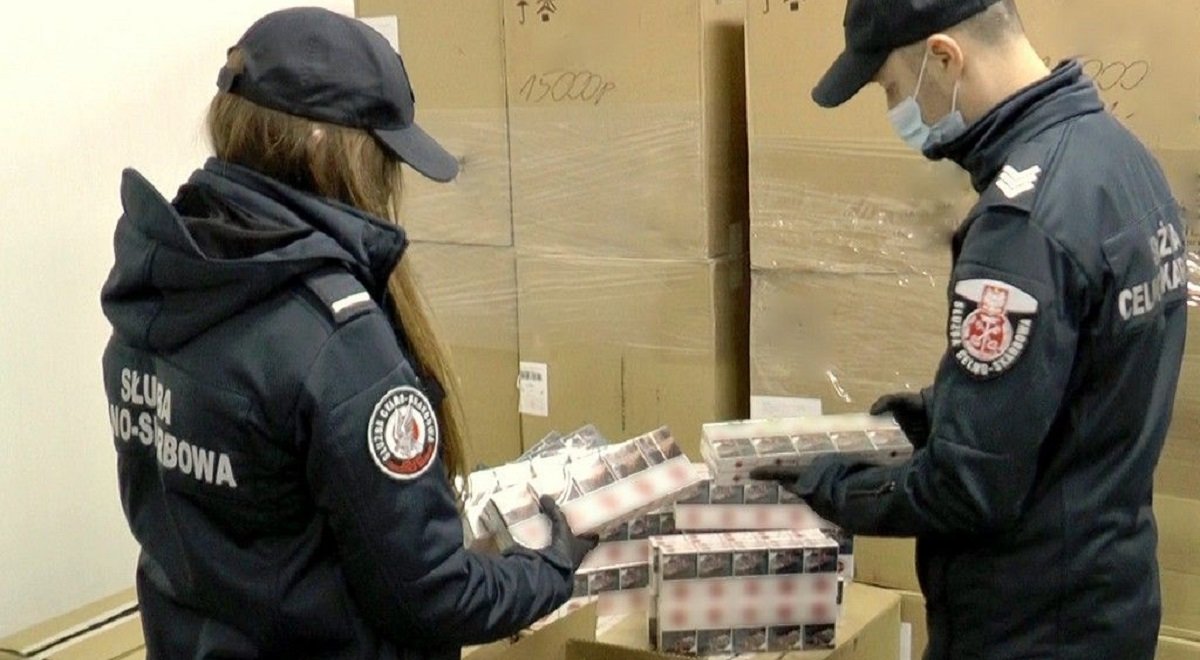Importing goods into Poland can be a smooth and profitable process—if you understand and follow the key customs rules. Whether you are a small business owner, a startup, or an international company, being aware of KAS (Krajowa Administracja Skarbowa) regulations is essential to avoid costly delays or penalties.
First, ensure all import documentation is complete and accurate. This typically includes the commercial invoice, packing list, and a valid customs declaration. Goods must be classified correctly using the Harmonized System (HS) code to determine the correct duty rate. Incorrect classification can lead to overpayment or legal issues.
Another vital rule is proper valuation. Customs duties are based on the declared value of the goods, and KAS may request supporting documents to verify this. Poland also enforces EU-wide import restrictions, so you must check whether your product requires special permits or falls under a regulated category (like pharmaceuticals or electronics).
You should also be aware of VAT obligations, which must be settled before your goods can be released. Finally, using a licensed customs broker is recommended, especially for first-time importers.
By following these five essential rules, businesses can ensure compliance and enjoy a streamlined importing experience into Poland.



